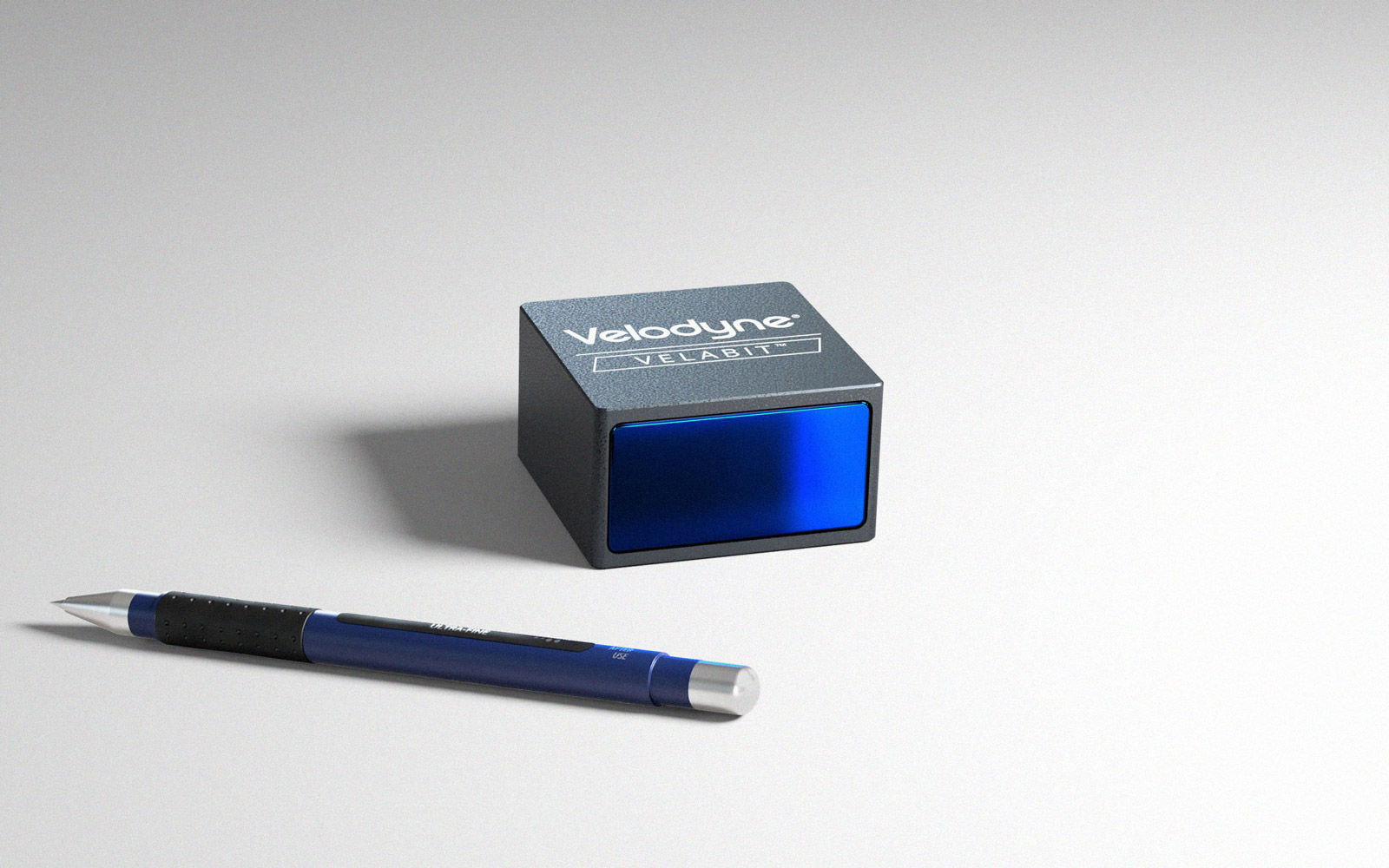I wonder if this will change Elon Musk's stubborn disdain for LiDAR which, to me, is partly why his Autopilot is so misnamed and issue-prone?
He has a stubborn disdain for anything he isn't already convinced is
1) His idea to realize,
2) Already something they have committed to.
I honestly think that Tesla isn't necessarily making inroads into the existing luxury vehicle market, as most of the people who are buying TM3s, and model S' that I have met are either very tech focused people who don't usually purchase expensive vehicles, so their standards are very low for what's acceptable, and they have usually levered up quite a bit to splurge on it, or people who want a second vehicle for a certain purpose and the Tesla is unique enough that it's a good companion to other vehicles.
The first group are the same people I know who spend a double digit percentage of their annual take home pay on new phones, and other gadgets every year. They are funneling some of that tech budget into their vehicle payments.
Also, Tesla's are not the most expensive vehicles you can buy, but much like the Prius was in California among high earners, it's becoming a car that you can say "well, i could afford XYZ, but i wanted to go green/electric/self driving instead", and still pass yourself off at the golf club without having your vehicle give away your position too much (either up, or down, depending on what you're looking for privacy wise).
I think as a result, what you're seeing is not the Tesla Model 3 as a luxury car, but a tech product that also happens to be a vehicle.
I wouldn't be surprised if a lot of purchasers are new to the segment/price point. The issue is that like phones and other tech, eventually the refresh cycle (especially given the lack of even skin deep refreshes planned) is going to lose luster and people are going to be stuck with expensive to maintain cars out of warranty, or big battery bills if they're buying used.
I think a lot of people in the Luxury car market like what Tesla is doing, but they are waiting instead for their own brands to execute on the same concept but to the standards they are used to, or have a Tesla as a second vehicle until that happens.
The rush into TM3s is the front edge of the early adopters and their immediate followers.
I view Tesla in the same way I view, for instance, publicly traded Canadian Cannabis companies. Their valuations were proxies for the potential % of the total bluesky-scenario market size, completely underestimating potential competition (from majors in other fields like Coca Cola, or big tobacco, and from lean startups) that will eventually chisel away at their market share.
Once people start feeling like there are other, lower valued rockets to get onto, you may see FOMO drive capital investors to support Tesla's competition, while using Tesla's current valuation metrics as proof of what a good deal it is.
The issue, then, is you have a company with a struggling balance sheet, meaningful operational issues and shortcomings, numerous PR issues due to a volatile executive in charge, and at the same time if you see any deterioration in their share price, their cost of capital is going to explode.
It becomes a death spiral. You end up having to take on debt, and if you can't, you start doing private placements at below market rates, which will shift down the bid/ask making equity capital more dilutive and expensive.
This has the compound effect of increasing the risking of the company's cashflows which are reliant on dependable access to affordable capital, which means any debt they want in the future will become more expensive as well, or will have severely restrictive covenants or may have potentially dilutive conversion terms attached.
The problem is capital is cheap, and FOMO is becoming easier and easier to manufacture given the spread of social media and targeted messaging, so that gives their current strategy some economic momentum.
Beyond that, silver lining is that people who became used to the idea of paying 50, 60 grand plus for a vehicle through Tesla whereas they never would have before, may now start looking around once the novelty wears off to see what else their money can buy them, potentially exposing new customers to Lexus and other auto makers.
/rant

